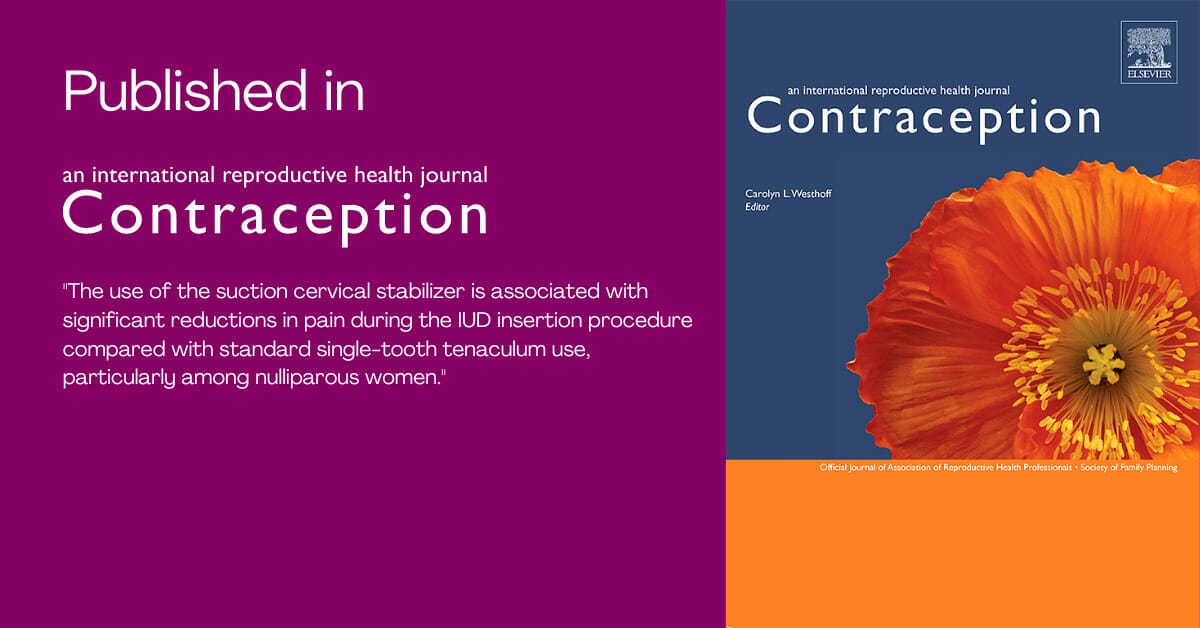
The Effect of Contraceptives on Mental Health
On the occasion of Mental Health Day celebrated on October 10, it would be timely to talk about the effect of contraceptives on mental health.
There is no doubt that medical science has made safer and more effective contraceptives, which empowers women to choose when and when not to get pregnant.
This article aims to shed some light on the question of the safety of contraceptives in relation to mental health and hopefully allay some of the fears that some women have of using them.
Contraceptives and Mental Health
Non-hormonal contraceptives such as condoms, diaphragms, cervical caps and spermicides, have not been associated with mental health issues. It is mostly hormonal methods of contraception that have been reported to have effects on mood.
Hormonal contraceptives have a high efficacy rate, but women have reported unwanted side effects such as mood swings, depression and anxiety. (1)
There are questions however whether or not the depression, mood swings and anxiety experienced by women using hormonal contraceptives are in fact caused by the contraceptive or just cases of hysteria or a symptom of another condition.
That is why several researches were conducted to find out the truth.
Hormones and Female Emotions
Before talking about the possible negative effects of hormonal contraceptives, it is important to talk about how hormones, specifically estrogen and progesterone, affect female emotions.
Estrogen is the hormone produced in the uterus mostly to develop and regulate the female reproductive system.
However, that is not all that estrogen does – it also affects the brain and in effect, the mood of an individual.
Estrogen affects the brain and mood in three ways:
- It causes an increase in serotonin, as well as the number of serotonin receptors in the brain. Serotonin is the hormone that stabilizes mood. (2)
- It modifies the manufacture and the effects of endorphins in the brain. Endorphins are the hormones that make people feel good. (3) (4)
- It stimulates nerve growth and protects nerves from damage.
It is not difficult to predict that changes in the amount of estrogen does affect the mood of individuals. That change in estrogen is caused by many factors and one of them is progestin.
Progestin is a synthetic form of the naturally-produced hormone, progesterone. Progestin is the active ingredient in all hormonal contraceptives. It prevents ovulation by lessening the cervical mucus’ stretchiness, making it difficult for sperm to enter the uterus.
However, progestins also interact with estrogen receptors in the brain, possibly affecting endorphin and serotonin production. (5) (6)
The Danish Research
A study conducted in Denmark used national health records of more than one million 15 to 34 women to analyze if there is a connection between birth control and mental health.
This research showed that women using hormonal birth control have a higher possibility to be diagnosed with depression or be treated for depression.

Hormonal contraception has been the subject of much research and studies for years. Image: Envato.com
The study seems to conclude that the hormonal contraceptive pill can augment the risk of depression in some women, especially the non-oral products like contraceptive patches, vaginal rings or hormonal IUDs.
Women aged 15 to 19 also are more susceptible probably because their brains are more easily influenced by hormone signals because their brains are still developing. (7)
The US and Finnish Research
Other studies on the other hand, specifically those conducted in the US and Finland pointed out a different result than the Danish study. The US research used data from 6,654 sexually active non pregnant aged 25-34 years.
The research showed that women using hormonal contraceptives are less likely to have depression and less likely to attempt suicide compared to women who are using non-hormonal contraception or no contraception all. (8)
The study in Finland compared the recent psychiatric diagnosis of the women who participated in the Finnish-population-based Health 2000 to see if the use of hormonal contraceptives has a huge negative impact on mental health among women has concluded that the influence of hormonal contraceptives are modest. (9)
While the research results may seem inconclusive, none of them should be rejected as wrong because they are all done following the proper research procedures. The difference in results could be due to the difference in how each research was done.
There is also the issue of measuring emotions, mental health and moods, which are not easily quantifiable. What the various research showed us though in varying degrees is that hormonal contraceptives could affect a woman’s mood and mental health differently.
It may be occasional moodiness for some, but full-blown depression for others. Meanwhile, many also do not experience this side effect at all.
Common Mental Health Issues Experienced by Women Using Hormonal Contraceptives
Hormonal contraception has been the subject of much research and studies for years, mostly due to its alleged side effects. Based on research, the most common effect of hormonal contraceptives in relation to mental health are:
- Mood swings or the sudden, unpredictable and rapid change in a person’s emotional state. The person’s emotion may switch from being happy one moment to sad and then angry. (10)
- Decreased libido or the decreased desire for sex is one common effect of hormonal contraception (11)
- Depression is a medical condition that deserves attention because it may lead to self-harm and suicide. (12)
Do hormonal contraceptives affect the brain’s functionality?
A study reviewing 33 articles of the effect of hormonal contraception to both the structure and functionality of the brain has concluded that there is a possibility that it negatively affects brain structure and function such as cognitive abilities, motivation, emotion processing, fear, anxiety, and stress . (13)
Conclusion
While hormonal contraceptives are effective in preventing pregnancies and also treating some health conditions, its adverse side effects should not be ignored. More studies need to be done with regards to the effect of hormonal contraceptives on mental health.
This should not prevent women from taking hormonal contraceptives, but these should be reported to their healthcare providers so they can be assessed and treated promptly.
Sources:
1. How different types of hormonal birth control affect your mental health
2. An overlooked connection: serotonergic mediation of estrogen-related physiology and pathology
3. The effects of estrogen and progestin on endogenous opioid activity in oophorectomized women
6. How Progestin, a Synthetic Female Hormone, Could Affect the Brain
7. Association of Hormonal Contraception With Depression
9. Hormonal contraception and mental health: results of a population-based study
11. The Potential of Hormonal Contraception to Influence Female Sexuality
12. Can hormonal birth control trigger depression?
13. The Effects of Hormonal Contraceptives on the Brain: A Systematic Review of Neuroimaging Studies
Share this story:










